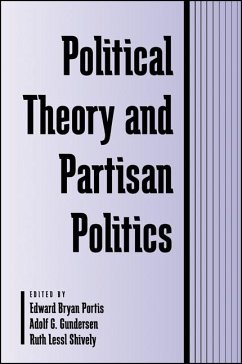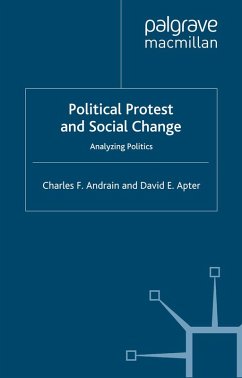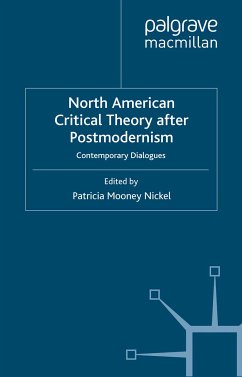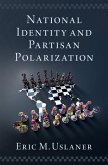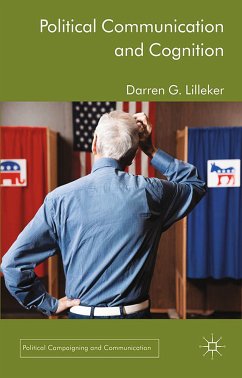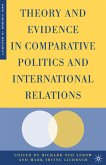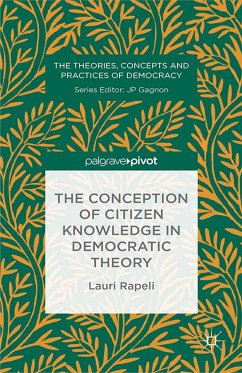Political theorists typically define political action in terms of rational potential rather than conflict, and for this reason neglect the partisan nature of political experience. This volume redresses this neglect, focusing on the interrelated questions of whether the task of political theory is to find some means of containing partisan politics and whether political theory is itself separate from partisan politics. Each section of the book corresponds to one of three ways of conceiving the optimal or necessary relationship between political theory and partisan political struggle. The first section considers the extent to which partisan politics requires constitutional consensus and the degree to which such a consensus requires correct theoretical underpinnings. The second focuses on the compatibility of theoretical deliberation with partisan politics, and the third on the possibility that political theory is itself necessarily a form or means of partisan engagement. The end result is a theoretically diverse but focused debate on this important but neglected subject.
Contributors include William E. Connolly, Mary G. Dietz, Adolf G. Gundersen, John G. Gunnell, Donald S. Lutz, Edward Bryan Portis, Arlene W. Saxonhouse, Ruth Lessl Shively, and Thomas A. Spragens, Jr.
Contributors include William E. Connolly, Mary G. Dietz, Adolf G. Gundersen, John G. Gunnell, Donald S. Lutz, Edward Bryan Portis, Arlene W. Saxonhouse, Ruth Lessl Shively, and Thomas A. Spragens, Jr.
Dieser Download kann aus rechtlichen Gründen nur mit Rechnungsadresse in A, D ausgeliefert werden.

